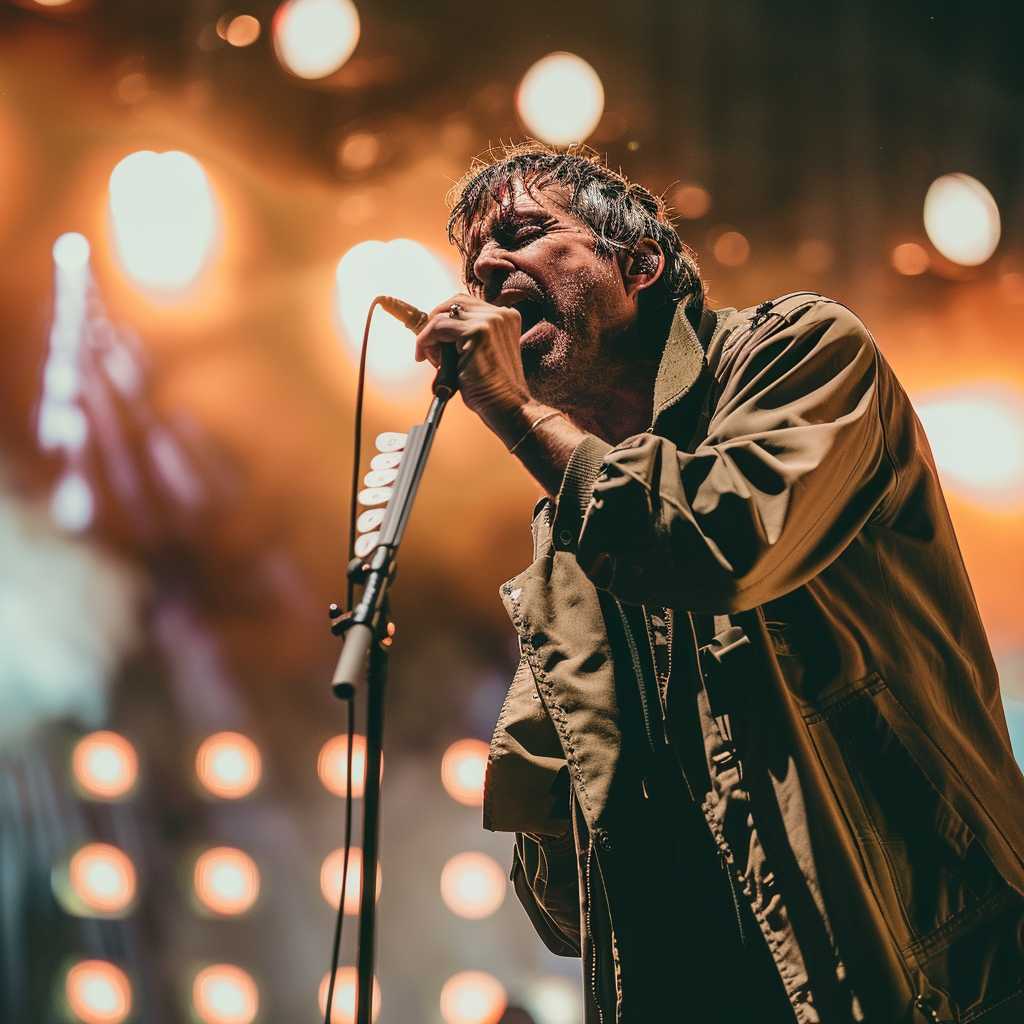Liam Gallagher: The Rock ‘n’ Roll Star’s Journey Through Music and Controversy
Liam Gallagher, once heralded as the brash frontman of Oasis, one of Britain’s most defining rock bands of the 1990s, continues to be a significant figure in the music industry. His persona is synonymous with the Britpop era, as he embodied the role of the ultimate rock ‘n’ roll star with a swagger and a distinctively powerful singing voice that captured millions. This article will journey through Gallagher’s career, his influence on music, his infamous rivalry with brother Noel, and his ventures beyond Oasis.
Early Life and the Formation of Oasis
Before he became an emblematic figure in Britpop, Liam Gallagher was born William John Paul Gallagher on September 21, 1972, in Manchester, England. His turbulent relationship with his brothers, particularly Noel Gallagher, shaped his early years. In 1991, Liam formed a band called The Rain, which Noel joined a year later after setting the condition that he would be in charge. Hence, Oasis was born with Liam as the lead singer.
Rise to Fame
Oasis skyrocketed to fame with their first album “Definitely Maybe” in 1994. Liam’s distinctive vocals combined with Noel’s songwriting struck a chord with a generation yearning for anthemic rock music. With hits like “Live Forever” and “Supersonic,” the group established themselves at the forefront of the Britpop movement, providing a stark contrast to the American-dominated grunge scene.
Britpop’s Bravado and Brotherly Battles
The mid-90s saw Oasis engage in what was dubbed a ‘battle of Britpop,’ where they rivaled fellow British band Blur for chart dominance. Both bands released singles on the same day in 1995—Oasis with “Roll With It” and Blur with “Country House”. Though Blur won this battle in terms of direct sales, Oasis’ following album “(What’s The Story) Morning Glory?” sold phenomenally well worldwide.
Liam was frequently at the center of media attention not only because of his music but also due to his erratic behavior and contentious relationship with Noel. The brothers’ ongoing feuds turned into tabloid fodder and arguably distilled their collective energy onto concert stages and recording studios bringing forth some of their best work.
Solo Career and Beady Eye Era
Following Oasis’ breakup in 2009 triggered by yet another disagreement between the Gallagher siblings, Liam continued his musical endeavor by forming Beady Eye with fellow ex-Oasis members. Although Beady Eye released two albums—”Different Gear, Still Speeding” (2011) and “BE” (2013)—the band didn’t achieve nearly the same level of success as Oasis and disbanded in 2014.
By 2017, Liam embarked on a solo career starting with his debut album “As You Were,” revealing a more personal side of his songwriting while still preserving his notable melodic instincts and vocal prowess. Critics observed that it was clear Liam had not lost his touch for crafting infectious hooks backed up by anthemic choruses.
Restoration and Reinvention
Although Liam’s public image once thrived off controversy—from spats with fellow musicians to walking out on concerts—his latter-day career includes enjoyed significant moments of restoration and reinvention. With the release of his follow-up albums like “Why Me? Why Not.” (2019), Gallagher scored both commercial success and critical acclaim. He managed to come across as both reflective and rejuvenated in these works.
Throughout this era, he kept his love for blusterous live performances alive—often delivering electric sets brimming with both new solo material alongside treasured Oasis classics which continued to shine, invoking nostalgic responses from vast audiences worldwide.
Enduring Legacy
Despite personal upheavals and tumultuous relationships, Liam’s legacy within rock music is firmly etched into cultural history. Whether through Oasis’s timeless tracks or his more matured solo works, Liam has ensured that his place in music will be remembered for generations. His raspy voice continues to give weight to lyrics of love, longing, resistance, and conviction—often shadowed by brittleness—a testament not just to an artist but also to resilience.
His electronic age projects like streaming concerts underscore his ability to stay relevant even as music consumption habits evolve. Liam Gallagher’s contributions remain essential chapters in British rock’s rich tapestry.

